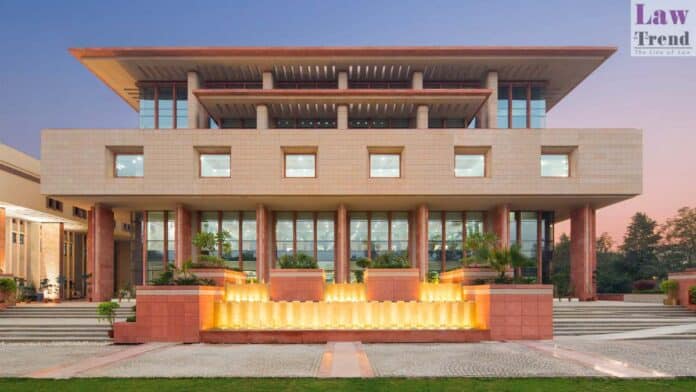The Comptroller and Auditor General of India (CAG) on Thursday opposed a plea in the Delhi High Court that challenges its audit of the accounts of Ajmer Sharif Dargah, asserting that all legal procedures under the relevant statutes had been duly followed.
Justice Sachin Datta, who heard the matter, granted time to the petitioners to file a rejoinder and posted the next hearing for May 7.
The petition has been filed by Anjuman Moinia Fakhria Chishtiya Khuddam Khwaja Sahib Syedzadgan Dargah Sharif, Ajmer, along with another registered society. They have objected to what they called an “unlawful search/visit” conducted by CAG officials at their office premises without prior notice, alleging it violated the provisions of the Comptroller and Auditor General’s (Duties, Powers and Conditions of Service) Act, 1971 and the Societies Registration Act, 1860.
The petitioners have sought a direction restraining the CAG from auditing their societies’ accounts, arguing that the audit process did not adhere to mandatory procedural safeguards.
In its response, the CAG maintained that the audit followed due legal process and was authorised in accordance with statutory requirements. It said the Ministry of Minority Affairs had informed the petitioner on March 14, 2024, about the proposed audit to improve the dargah’s management and gave the petitioners a chance to submit objections.
The CAG stated that the objections were considered and subsequently disposed of by the Centre through a letter dated October 17, 2024. The Ministry of Finance later informed the CAG on January 30, 2025, that the President had granted authorisation for the audit.
The petitioners, however, claimed that key statutory steps were not followed. They argued that the ministry should have formally communicated to the CAG seeking the audit, along with mutually agreed terms and conditions, which must also be shared with the society. Only then, they argued, could the society make a valid representation.
They further contended that the audit process also required presidential assent prior to finalising the terms.
Earlier, on April 28, the High Court had indicated its inclination to stay the audit process and had sought clarity from the CAG’s counsel regarding the ongoing proceedings. During Thursday’s hearing, the petitioners reiterated that they had not been served with the specific terms of the audit.
The matter will now be heard further on May 7.




